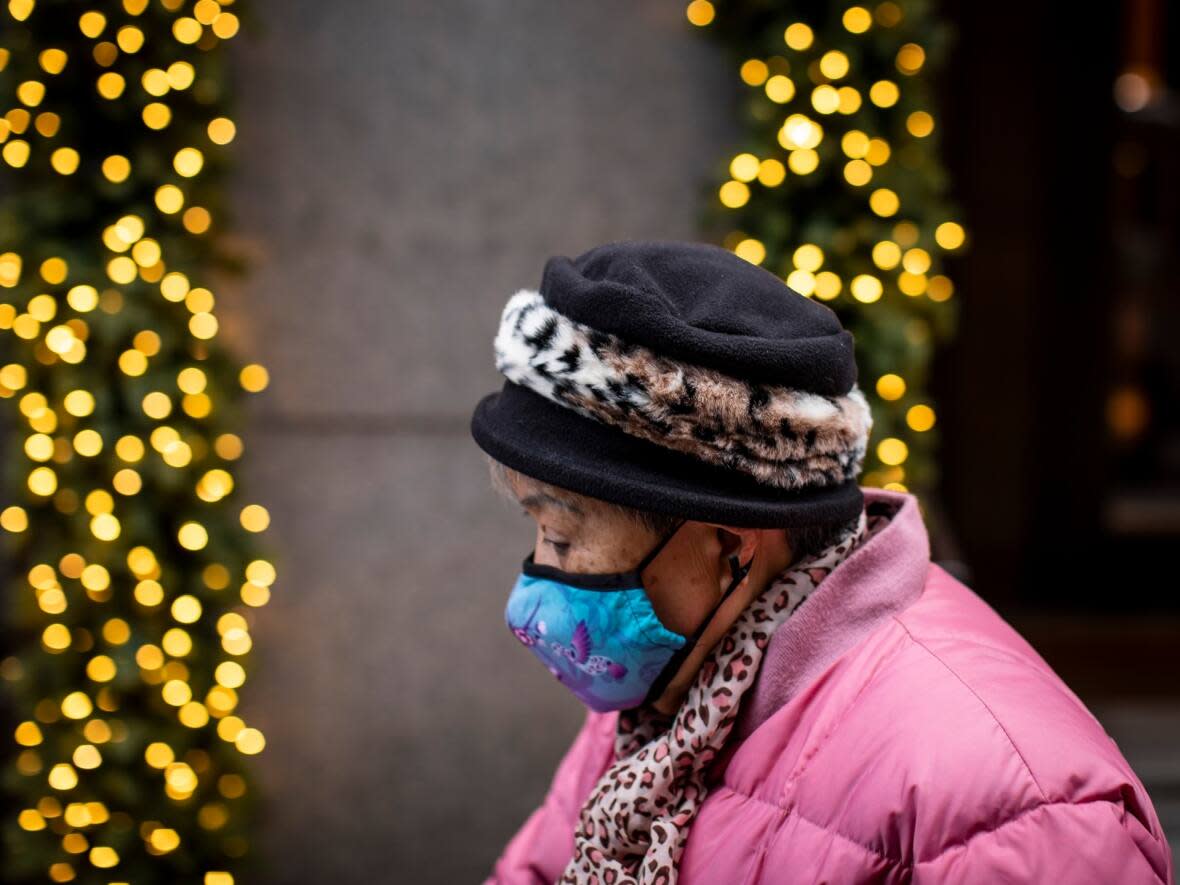'Here we go again': How to deal with COVID-19 anxiety amid the holidays

During a press conference announcing new restrictions aimed at curbing the recent surge in COVID-19 cases, Provincial Health Officer Dr. Bonnie Henry tried to acknowledge the sense of deja vu many British Columbians are feeling nearly two years into the pandemic.
"I think all of us had a collective ... here-we-go-again feeling," Henry said Tuesday, when the province reported an all-time high number of daily cases — a record that was broken the following day.
For many British Columbians, the frustration comes as they've tried to do the right thing during the pandemic, such as reduce social contact, wear masks and get vaccinated — only to feel like they've been taking one step forward and two steps back.
"If you were told in the summertime, 'This will be over by Christmas and you'll be in for a treat,' and that treat didn't come, that's called frustrative non-reward," said Steven Taylor, a clinical psychologist and professor at the University of British Columbia. "People get cranky and frustrated."
Taylor says it's important for people to acknowledge any feelings of disappointment but also keep in mind that they're not alone.
He also says that while the uncertainty and new restrictions brought by the Omicron variant can lead to a sense of helplessness, it's important for people to remember they can control what they choose to do.
"I like the idea of thinking ahead and seeing whether the restrictions make sense," he said.
"Is it safe for me to go to a restaurant if I'm seeing granny? That's a really wise form of reasoning things through."
'Doing what the situation requires'
Christine Korol, a registered psychologist and director of the Vancouver Anxiety Centre, says the uncertainty created by the latest surge in cases can take a mental toll.
"Anytime we have something unexpected happen, what I end up working on with people is how to come to a place of acceptance," Korol said.
"And acceptance isn't sort of passive, having to suck it up. That's not what we want at all. It's more about doing what the situation requires."
In B.C., private gatherings of up to 10 visitors or one other household are still permitted. Korol says it's important to accept that not everyone has the same level of risk tolerance.
"Whoever has the highest safety threshold, that's probably going to set the tone for most family gatherings," she said.
Korol adds that public health officials can help ease concerns through clear communication, explaining the rationale for restrictions while also displaying empathy.
She says officials should recognize people's anxiety, but also remind them they are resilient.
"It's not great, everybody needs a vacation, but people are rising to the challenge," she said. "We have no choice."


